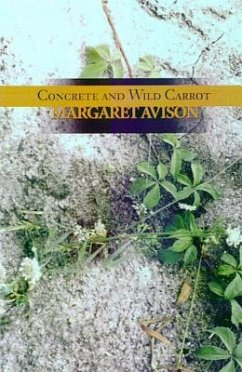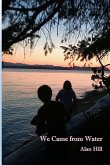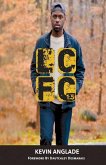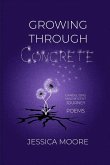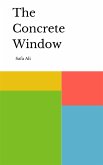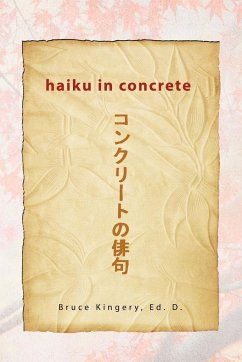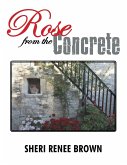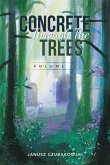Poetry. Heartfelt looking and attentive listening are newly advocated and demonstrated in CONCRETE AND WILD CARROT. The poems in this book are startlingly youthful. The words leap with life, whether the subject be Avison's beloved Toronto byways, with their population of dogs, kids, oaks, firs, squirrels, ants, and human citizens, or her surprising probes of the Bible. Jesus is a model, for instance, a poet who "among us. found encrusted words and structures; / he washed and brushed them clean / and out of the intractability / of history learned by rote / stepped, in simplicity the exemplar." Margaret Avison's own distinctive words and structures, her clean approaches to an "odd intransigent openness" paradoxically comfort the reader with a smack of the limitless. There is no complacency here, just the best kind of large minded company in the still-heroic venture of thinking Outside and the hard, crucial discipline of wording it.
Hinweis: Dieser Artikel kann nur an eine deutsche Lieferadresse ausgeliefert werden.
Hinweis: Dieser Artikel kann nur an eine deutsche Lieferadresse ausgeliefert werden.

